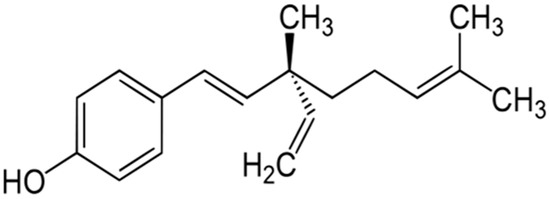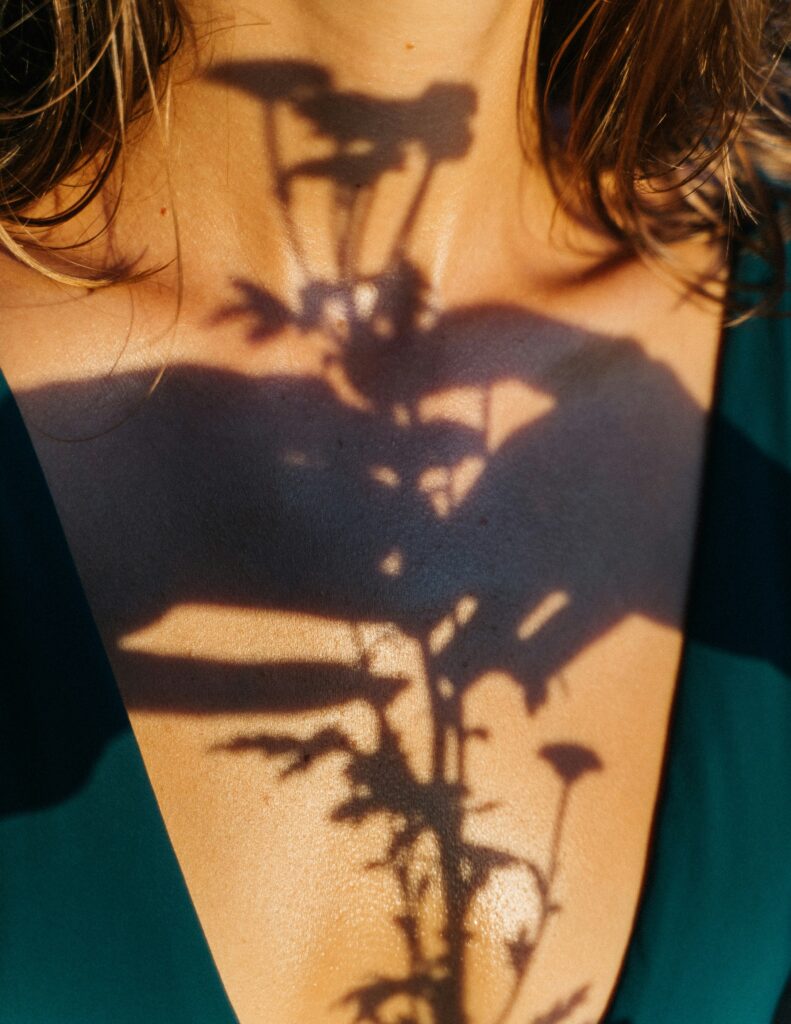The Skincare Revolution You Need to Know
Bakuchiol has taken the skincare world by storm as a natural, effective, and well-tolerated alternative to retinol. It delivers anti-aging, brightening, and acne-fighting benefits while being gentle on even the most sensitive skin. But what exactly is bakuchiol, and what does science say about its effectiveness? Let’s dive into the research.
What is Bakuchiol?
Scientific Definition & Origin
Bakuchiol is a meroterpenoid, a class of natural compounds with diverse biological activities, extracted from the seeds and leaves of Psoralea corylifolia (commonly known as Babchi). This plant has been a staple in Ayurvedic and Traditional Chinese Medicine for centuries, used for its healing, anti-inflammatory, and antioxidant properties.
Chemical Structure & Stability
Chemically, bakuchiol is structurally different from retinoids but activates similar gene expression pathways, particularly those involved in collagen synthesis, antioxidant defense, and skin renewal. Unlike retinol, which is highly unstable and degrades when exposed to sunlight, bakuchiol remains stable under UV exposure, making it suitable for both day and night use.

Safety & Suitability for All Skin Types
One of the most significant advantages of bakuchiol is its gentle nature. Clinical studies indicate that it does not cause irritation, dryness, or increased sun sensitivity, making it safe for all skin types, including sensitive and acne-prone skin. Moreover, it is considered a safe alternative for pregnant and breastfeeding individuals, unlike retinoids, which are contraindicated during pregnancy.
The Science Behind Bakuchiol’s Skin Benefits
1. Anti-Aging & Collagen Boosting
Collagen is the foundation of youthful skin, providing firmness, elasticity, and a smooth appearance. As we age, collagen production declines, leading to wrinkles and sagging skin. Retinoids are known for stimulating collagen production, but they often cause irritation. Bakuchiol, on the other hand, activates similar collagen-boosting pathways—without the side effects.
- Similar Gene Expression as Retinol: A 2019 clinical study found that bakuchiol and retinol regulate the same key genes responsible for collagen production and skin renewal.
- Wrinkle Reduction: A 12-week randomized, double-blind study compared bakuchiol (0.5%) and retinol (0.5%) for facial photoaging. Results showed that both significantly reduced wrinkles, but bakuchiol was better tolerated, with fewer reports of dryness and irritation.
2. Brightening & Even Skin Tone
Hyperpigmentation and uneven skin tone are common concerns, often exacerbated by sun exposure, hormonal changes, and aging. While retinol is widely used for brightening, it can cause peeling and increased sensitivity. Bakuchiol, however, inhibits melanin production without irritation.
- Inhibits Melanin Production: Bakuchiol has been found to suppress tyrosinase activity, an enzyme responsible for melanin synthesis, leading to a more even skin tone and reduced dark spots.
- Clinical Evidence: The same 12-week study on photoaging found that bakuchiol was equally effective as retinol in reducing hyperpigmentation, making it a viable alternative for those seeking brightening benefits without the harsh side effects.
3. Antioxidant & Anti-Inflammatory Properties
Environmental stressors such as pollution, UV radiation, and free radicals contribute to premature aging. Antioxidants play a crucial role in neutralizing oxidative damage, and bakuchiol is rich in potent antioxidant and anti-inflammatory properties.
- Neutralizes Free Radicals: Studies have shown that bakuchiol reduces oxidative stress and inhibits lipid peroxidation, helping to protect skin from premature aging.
- Calms Inflammation: Unlike retinoids, which can trigger irritation, bakuchiol has been shown to soothe inflammation, making it ideal for individuals with sensitive or rosacea-prone skin.
4. Gentle Yet Effective for Acne
Acne-prone skin often requires a delicate balance—potent enough to combat breakouts but gentle enough to prevent irritation. Bakuchiol provides the perfect middle ground, offering antibacterial and sebum-regulating properties.
- Antibacterial Activity: Bakuchiol has been found to inhibit acne-causing bacteria (Cutibacterium acnes) without contributing to antibiotic resistance.
- Regulates Sebum Production: Excess oil production is a major factor in acne formation. Bakuchiol helps balance sebum levels, reducing clogged pores and breakouts.
Key Differences Between Bakuchiol and Retinol
For a more detailed comparison of bakuchiol vs. retinol, click here.
| Feature | Bakuchiol | Retinol |
| Source | Plant-derived (Psoralea corylifolia) | Synthetic or animal-derived |
| Irritation | None or minimal | Common (redness, peeling) |
| Sun Sensitivity | No increased sensitivity | Increases photosensitivity |
| Safe for Pregnancy/Breastfeeding | Yes | No |
| Stability | More stable, does not degrade in sunlight | Degrades in UV light |
Scientific Backing: How Do They Compare?
A 12-week clinical trial published in the British Journal of Dermatology found that bakuchiol and retinol offer similar anti-aging benefits, but bakuchiol had fewer side effects like redness and peeling. As someone passionate about evidence-based skincare, I find these results compelling and exciting for those looking for a gentle yet effective solution.
Who Should Use Bakuchiol?
- Sensitive Skin – No irritation or peeling, unlike retinol.
- Pregnant & Breastfeeding Individuals – Safe alternative to retinoids.
- Acne-Prone Skin – Reduces breakouts and inflammation.
- Aging Skin – Boosts collagen, smooths wrinkles.
How to Use Bakuchiol: Unlike retinol, which is only applied at night, bakuchiol can be used twice daily, morning and evening, without increasing sun sensitivity.

Bakuchiol is a powerful, science-backed retinol alternative. If you want anti-aging benefits without irritation, it’s time to switch to bakuchiol.
Final Verdict
Have you used bakuchiol? Share your experience in the comments!
Talk to you soon!
Dr Bozica
References:
https://onlinelibrary.wiley.com/doi/full/10.1111/jocd.15420
https://academic.oup.com/bjd/article/180/2/289/6601687?login=true
https://pubs.rsc.org/en/content/articlehtml/2022/ra/d1ra08771a
https://pmc.ncbi.nlm.nih.gov/articles/PMC10683784/
https://www.sciencedirect.com/science/article/pii/S1043661818316426
This website is really a walk-by way of for all of the info you wanted about this and didn’t know who to ask. Glimpse right here, and also you’ll undoubtedly discover it.